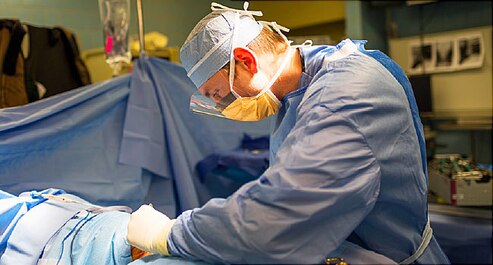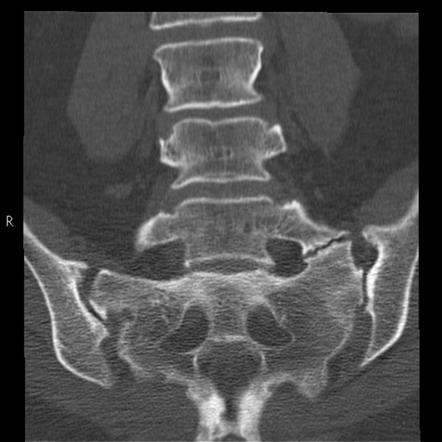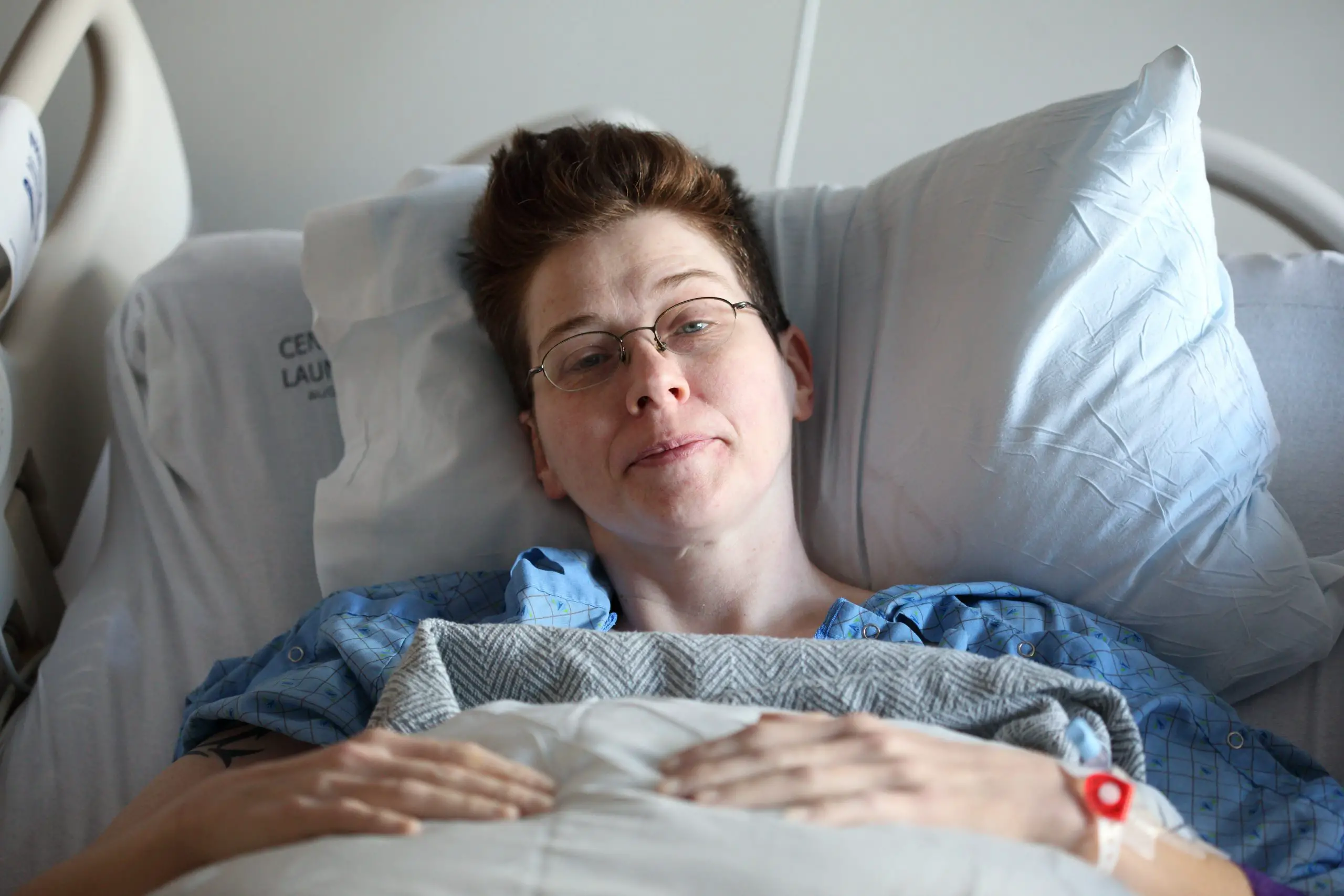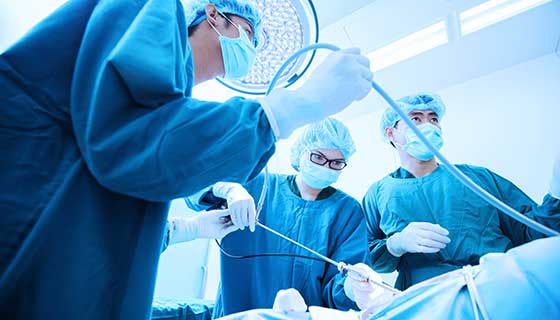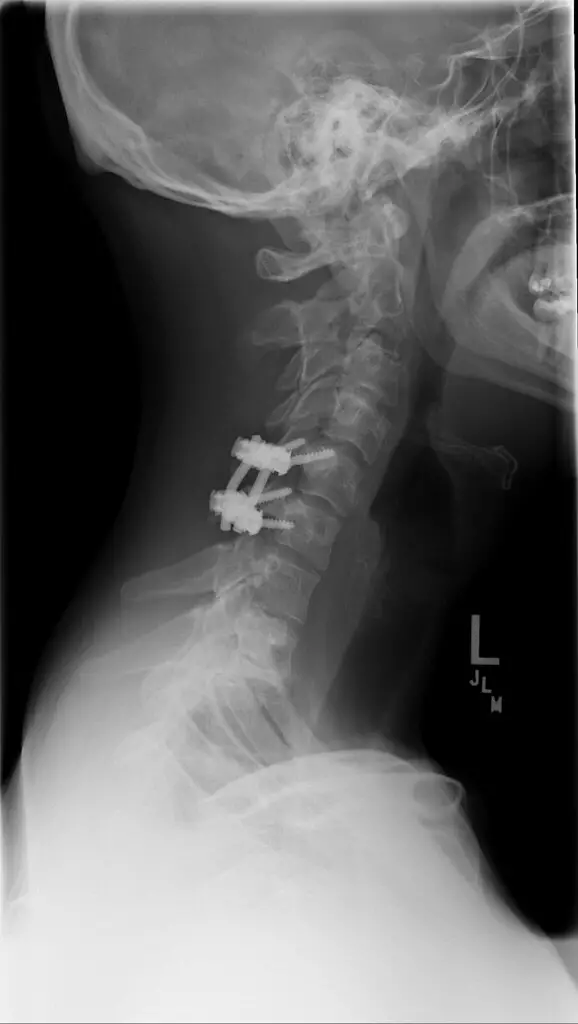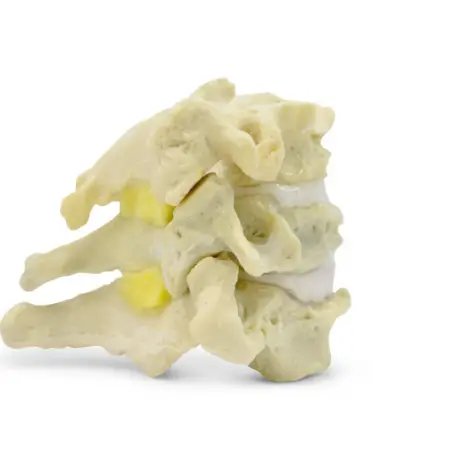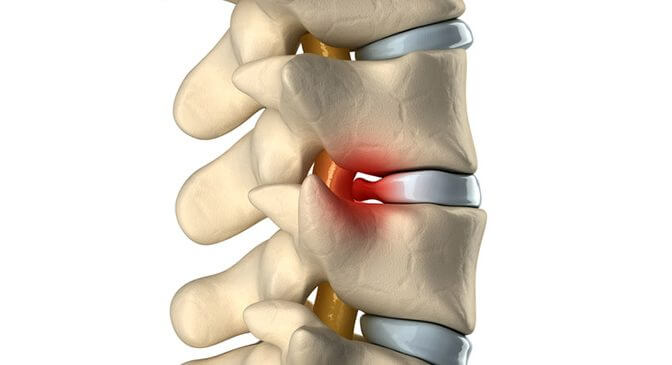Article reviewed and approved by Dr. Ibtissama Boukas, physician specializing in family medicine
You have (finally!) undergone back surgery to ease your daily pain and limitations. The surgeon may have corrected your herniated disc, cauda equina syndrome, narrow lumbar canal ou spondylolisthesis.
Now, on to rehabilitation. Physio sessions, medical follow-ups, pain management, gradual resumption of activities. That's a lot, but it is essential to put in place adequate strategies to get better. What can be done to heal even faster?
Believe it or not, the answer could be on your plate!
In this popular article, we are going to mention 5 nutrients to consume after back surgery. This will allow you to optimize your treatment, and finally resume your life where you left off before the back problems.
The role of diet after back surgery
An operation is a traumatic event for the body. In the case of back pain, there is always an incision, sometimes followed by correction of the damaged disc. In other cases, there is simply the addition of surgical equipment such as rods and screws.
Fortunately, the human body has extraordinary healing abilities. On the other hand, we can always give him a hand by providing him with an optimal environment to heal. By consuming the right nutrients, you can promote optimal healing and minimize the risk of complications.
This is a little known branch of medicine called “Immunonutrition”. Although these nutrients are found in food supplements, and are sometimes administered via infiltrations or via the digestive tract, the ideal would be to consume them within a natural and balanced diet.
In concrete terms, what roles will these nutrients play following back surgery?
- They minimize the risk of complications such as infections
- They help speed healing
- They will boost the immune system
- They reduce the inflammatory responses of the human body
5 Nutrients to Consume After Back Surgery
Once we have understood the essential role of food in optimizing our health, we need to find foods that will help us speed up recovery after an operation.
Here are 5 categories of nutrients to focus on following back surgery:
arginine
Arginine is an amino acid that the body produces in limited amounts during times of growth, illness, or injury. Of the scientific studies suggest that taking arginine supplements may increase the body's ability to fight infections.
Arginine is found naturally in nuts and seeds, legumes, and meats (especially turkey meat).
Glutamine
Like arginine, glutamine is an amino acid produced by the body in limited quantities. It is involved in biological processes that control cell growth and repair. Some clinical studies suggest that glutamine intake may help decrease the risk of infections and reduce hospitalization after surgery or severe illness.
Lists of glutamine-rich foods vary, but research suggests that beef, eggs, white rice, tofu, and corn are high in glutamine.
omega 3
Omega 3 fatty acids naturally reduce the body's inflammatory response. As a reminder, inflammation is often necessary following an injury. The problem is that excessive and/or chronic inflammation is problematic and responsible for chronic pain. Omega-3 supplementation is thought to help reduce chronic inflammation.
Omega 3s are found in many foods, including salmon, eggs, avocados, nuts, flax seeds, as well as green vegetables like spinach.
Nucleotides
Every cell in the human body contains molecules called nucleotides, which help make and maintain DNA and RNA. Obviously, the production of DNA and RNA is necessary for cell repair and regeneration.
When the body is facing a health problem (like a back problem), it needs more nucleotides than usual. Fortunately, the body regularly produces and recycles nucleotides, in addition to absorbing them through food.
Since all cells contain nucleotides, natural plant and animal food sources can be an excellent source of nucleotides.
Antioxidants
Antioxidants help maintain and restore healthy tissue by reducing oxidative stress in the body. Oxidative stress is associated with chronic inflammation. As mentioned, this type of inflammation is harmful and responsible for your back pain.
Foods high in antioxidants include leafy greens and other vegetables, fresh and frozen fruits (without additives), nuts, seeds, and whole grains.
What to do next?
You now know foods specially adapted to your condition. Obviously, the ideal would be to integrate them into your plate to accelerate your recovery and allow a return to normal life.
The problem is that these foods must be consumed as part of a balanced and varied diet. Since many back sufferers also have pounds to lose, care must be taken not to consume excessive amounts of food.
To overcome this problem, it is necessary to compose plates that respect the caloric intake adapted to your needs (weight loss, maintenance, etc.). As a bonus, you should ideally leave room for occasional treats (for morale!).
Conclusion
If you've had back surgery recently, it's important to have strategies in place that allow for quick and effective recovery. Your diet can play a major role in your recovery.
More specifically, consuming restorative and anti-inflammatory nutrients will speed healing, prevent complications, and improve your overall health.
Good recovery!




